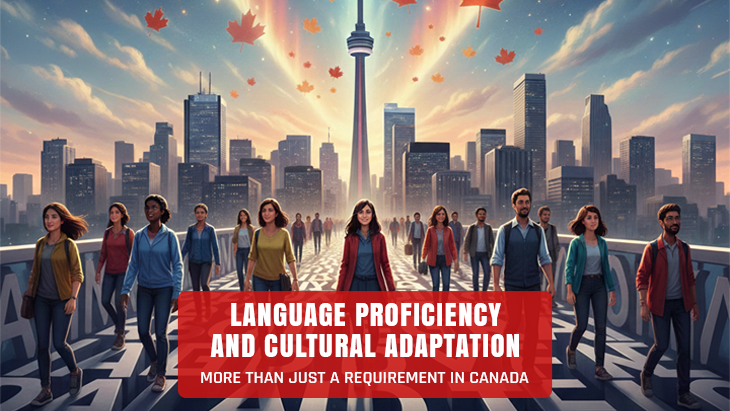One of the most effective ways to become a permanent resident of Canada is to study here. You have a variety of alternatives for residing in Canada after graduating from a Canadian higher education institution! But, if you plan on staying in Canada indefinitely, you want to know that you'll be able to find a nice, well-paying profession, right?
You will have excellent job options after study in Canada. Canadian universities have created almost 5000 foreign connections and industries have had a big influence on course material in Canada. As a result, over 90% of graduates find work in Canada within six months of finishing their education.
We studied the numbers to uncover potential jobs with high pay. Here's what you need to learn about the degrees you could potentially take up in order to acquire a prosperous job.
1. Engineering degrees include the following:
Engineering accounts for four of the top ten highest-paying degrees. Therefore, if you want to be sure you'll have a nice job after graduation, engineering is a fantastic choice! Engineering necessitates a deep foundation in mathematics and science, as well as a specialisation in the type of engineering being pursued. RBC's list covers the following four sorts of engineers:
* In 2017, the average salary for civil engineers was $80,080 CAD.
* Engineering Specialisation | Average Income in 2017: $85,009 Canadian Dollars
* In 2017, the average salary for software engineers was $90,001 CAD.
* Chemical and Petrochemical Engineering | Salary Average: $104,000 CAD in 2017
Most engineering degrees also require an apprenticeship or a term of co-op work as part of the programme. These are wonderful possibilities for skilled migrants, as having Canadian professional experience will give them a significant advantage when entering the job market in Canada!
2. Masters in Business Administration:
MBA programmes have long been recognised as being one of the top options for international students. The majority of foreign MBA hopefuls want overseas work experience, especially in the study of their overseas destination. MBA degrees are unquestionably expensive. As a result, it's only prudent to seek abroad employment in order to recoup your capital. Learn more about the criteria, fees, best financial schools, and scholarships for an MBA in Canada.
It goes without saying that many business and financial programmes made the cut for high-earning degrees. After all, to keep things operating smoothly, every successful organisation requires a powerful director and a squad of business administrators. If you're interested in business, management, or administration, a few of these majors will give you a good chance of finding work after graduation:
* Average Annual salary in 2017: $85,508 CAD in Business Administration
* Finance | 2017 Salary Average: $103,376 CAD
* MS in Business & Management Research | Average Salary: $110,000-115,000 CAD in 2017
Due to the growing digitization, mechanisation, and big data explosion, MBA graduates with a specialty in Big Data or Statistics are in high demand. An MBA provides you with more job options plus exposure to a diverse business network, as well as new knowledge and skills and a comprehensive understanding of the corporate world. An MBA degree is held by over 40% of CEOs of Leading multinational businesses.
3. Degrees in Healthcare:
The Canadian medical system is continually expanding to meet new demands as the country's population ages. With the growth of healthcare, so is the demand for healthcare professionals, and today's list includes two different types of healthcare professionals: nurses and pharmacists. Those with a passion for research and a heart for mankind would be able to secure a job in Canada after graduation.
* Nurses | Average Salary: $84,510 CAD in 2017
* Pharmacists | Average Salary: $102,398 CAD in 2017
Nursing and pharmacology may both be regulated professions and work in Canada, thus people interested in working in these disciplines may expect to be subjected to an examination and licensing process after graduation. However, once you've obtained your licence, you should have no trouble finding a job!
4. Human Resources and Psychology:
Employers are continuously on the lookout for talented and skilled employees. Recruiting and remunerating such employees, on the other hand, is always a challenge for businesses across the world. That is why businesses invest more in skill development and training for their current personnel. Counsellors, career advisers, industrial psychologists, and HR specialists are in high demand around the world as a result of this. Individuals and their connections in the workplace are the subject of industrial (and organisational) psychology, which encompasses job description, safety regulations, staff training, work performance evaluation, and employee hiring processes.














Post Comments